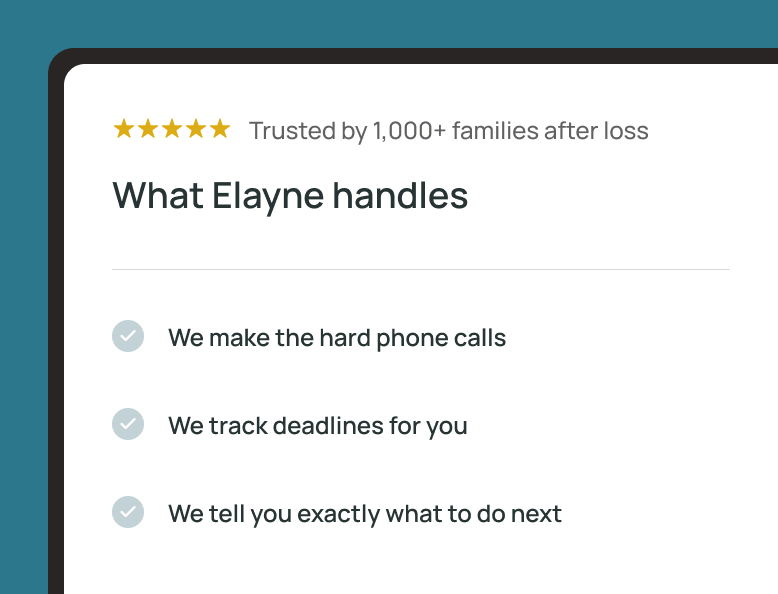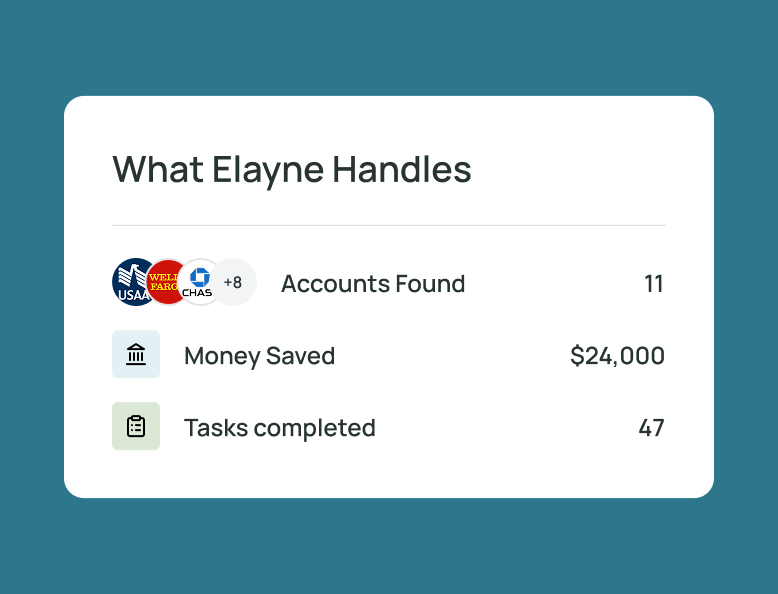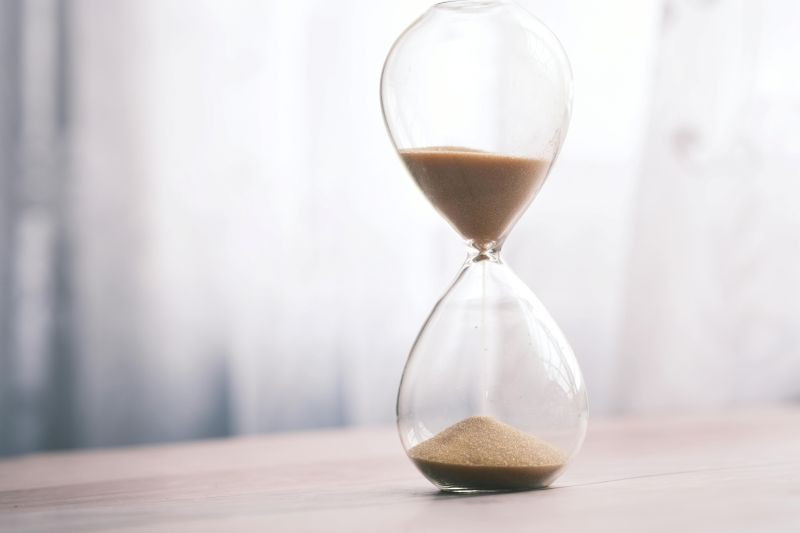Key Takeaways
- Funerals are typically held within 3 to 7 days after death, but timing varies.
- Cultural, religious, legal, and logistical factors all influence funeral timing.
- Families can delay services if needed through embalming, refrigeration, or cremation.
{{blog-cta-admin}}
After a loved one dies, one of the first questions families ask is: How soon do we need to hold the funeral? The answer is not one-size-fits-all. While many funerals in the U.S. occur within a week, numerous factors—from religious traditions to scheduling logistics—can affect this timeline.
In this guide, we’ll explore how long after death a funeral typically takes place, what circumstances might lead to delays, and how families can make informed choices during a deeply emotional time.
Typical Funeral Timelines in the U.S.
In most American communities, a funeral or memorial service is usually held 3 to 7 days after the date of death. This timeframe allows families time to coordinate logistics, notify loved ones, and arrange the service.
If the family opts for cremation, the timeline may extend slightly due to additional paperwork, waiting periods required by law in some states, and crematory availability. In urban areas or during holiday seasons, scheduling delays are also more common due to high demand.
Factors That Affect Funeral Timing
Several practical and emotional factors can shift the funeral date beyond the typical range:
- Cause of Death: If the death was sudden, accidental, or involved foul play, an autopsy or investigation may delay release of the body.
- Funeral Home Availability: Popular funeral homes, especially in larger cities, may be booked days in advance.
- Family Needs: Out-of-town relatives may need time to travel, take time off work, or prepare emotionally.
- Weather and Seasonality: In colder regions, frozen ground can postpone burial services, sometimes until spring.
Religious and Cultural Considerations
Funeral timing is often closely linked to religious and cultural traditions:
- Jewish Funerals: Typically held within 24–48 hours after death, in line with Jewish law that emphasizes prompt burial.
- Muslim Funerals: Also occur within 24 hours, if possible, to honor Islamic teachings.
- Christian & Secular Services: These generally allow more flexibility, usually occurring within a few days of death.
- Buddhist and Hindu Funerals: Timelines can vary greatly depending on the sect and local customs, ranging from immediate ceremonies to services scheduled several days later.
Understanding your family’s cultural or religious expectations can help guide funeral planning.
Options for Delaying a Funeral
Sometimes, families choose or need to delay a service. Fortunately, there are several options that allow for this:
- Embalming: This process slows the body’s natural decomposition and allows for open-casket viewings, making it suitable for funerals held a week or more after death.
- Refrigeration: An alternative to embalming in many states, refrigeration keeps the body preserved for a limited time without invasive procedures.
- Direct Cremation: The body is cremated shortly after death without a viewing, allowing families to plan a memorial service days, weeks, or even months later.
If you're navigating funeral logistics while also managing legal or financial responsibilities, Elayne offers tools to easily settle estates and reduce stress during this critical time.
Legal Timeframes and Paperwork
Legal processes can also impact funeral timing:
- Filing the Death Certificate: This must typically be completed within 3 to 10 days, depending on state law.
- Permits for Burial or Cremation: These are often required before proceeding and may take 1–3 business days to obtain.
- Transporting a Body: If the deceased must be moved across state lines, or internationally, this can add additional days or even weeks to the timeline.
It’s important to work closely with a funeral director to understand local requirements and ensure all documentation is handled promptly.
Virtual and Memorial-Only Services
As traditions evolve, many families are choosing to hold memorial services weeks or even months after death, especially when paired with direct cremation. This approach gives loved ones more time to plan, grieve, and gather.
Virtual services have also grown in popularity, allowing people to attend from afar and expanding options for timing and format. Whether in-person or online, there are no strict rules anymore—funerals are increasingly tailored to what works best for the family.
{{blog-cta-admin}}
FAQs
Q: What’s the most common time frame for holding a funeral after death?
A: In the U.S., most funerals take place within 3 to 7 days of death.
Q: Can a funeral be delayed by weeks?
A: Yes. Through embalming or cremation, families can schedule a service several weeks later if needed.
Q: What if family members need to travel?
A: It's common to adjust the funeral timeline to accommodate travel and scheduling—funeral homes are used to planning around these needs.
Q: Are there legal requirements for when a funeral must be held?
A: While there's no set deadline for holding a funeral, certain legal documents and permits must be filed promptly, which can influence timing.
Q: Can we have a service months after cremation?
A: Absolutely. Many families now choose to hold a memorial-only service months later when it’s more convenient or emotionally manageable.
Funeral timing after death is shaped by a variety of considerations, including legal, cultural, emotional, and logistical. While the traditional timeline falls within a few days, modern practices allow for far more flexibility. Whether you're planning an immediate service or choosing to wait, the most important thing is creating space to honor and remember your loved one in a way that feels right.
Whether you're planning now or preparing for the future, Elayne’s automated estate settlement platform helps families settle estates with ease—legally, financially, and emotionally.













































